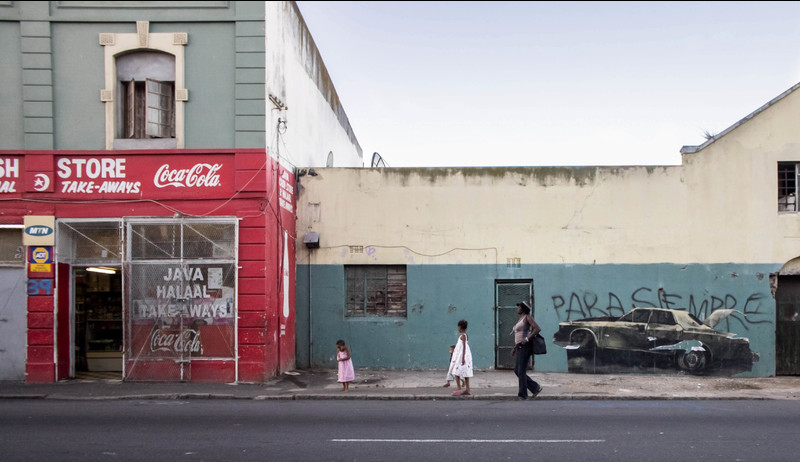New MPhil in Global South urbanism
26 July 2017 | Story Yusuf Omar. Photo Robyn Walker.
UCT’s African Centre for Cities (ACC) has launched a new master’s degree in urbanism that aims to tackle some of the most pressing urban crises of our time.
With the 21st century being “irrefutably urban”, say the ACC, and with the world’s epicentre speedily shifting to Asia and Africa, many economic and social crises are manifesting in cities. These have given rise to cultural and political questions that are difficult to answer.
The MPhil in southern urbanism aims to equip students with the research skills and critical faculties to begin to answer these questions, and to fill the “knowledge vacuum” which points to a “profound epistemic crisis as taken-for-granted cultural assumptions about the academic canon have been laid bare”.
The degree combines coursework with a minor dissertation.
“We see this moment as an unprecedented opportunity to question what we mean by urban scholarship, and rigour, in order to fashion alternative ways of being researchers and teachers,” says Professor Edgar Pieterse, director of the ACC. “However, this exploratory project demands a conscious effort to grow an ambitious cohort of black urbanists willing to equip themselves to build a new kind of urban studies, rooted in the realities and desires of the Global South.”
At the heart of the master’s is the City Research Studio, described by the ACC as “a laboratory space where the students and faculty will learn to walk, see, smell, touch, embrace, explore and reimagine the city through intimate engagements mediated by diverse research techniques”.
“Dogma and certitude are sworn enemies of the City Research Studio,” say the ACC.
Dr António Tomás convenes the programme, with Pieterse and Professor Sophie Oldfield completing the degree’s core faculty.
The degree is open to students who have completed four-year bachelor degrees, as well as students with existing master’s degrees in specific disciplines. The programme has been designed to provide a rigorous theoretical as well as methodological foundation in interdisciplinary urban studies. It is intended as a bridgehead into PhD-level research, producing skilled researchers who are able to conduct compelling doctoral research.
Applications for the 2018 programme are open, and will close on 31 August 2017.
 This work is licensed under a Creative Commons Attribution-NoDerivatives 4.0 International License.
This work is licensed under a Creative Commons Attribution-NoDerivatives 4.0 International License.
Please view the republishing articles page for more information.










